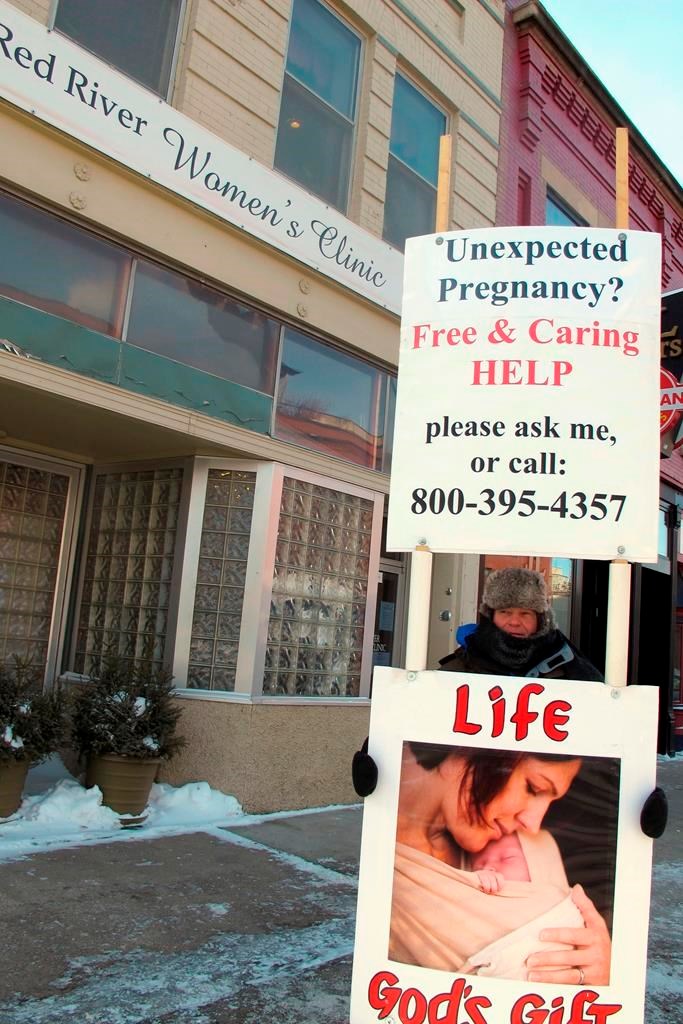FARGO, N.D. (AP) — A motion seeking to block enforcement of a so-called trigger law that would should be denied because the law was administered properly and the lawsuit on the constitutionality of the ban is unlikely to succeed, the state attorney general's office says.
A 20-page response filed Wednesday by the state argues that a judge should not grant a request by the Red River Women's Clinic in Fargo to delay the July 28 closing date that was certified by Attorney General Drew Wrigley a few days after the U.S. Supreme Court
The clinic said Wrigley was premature in under the trigger ban. Rather than ruling on the opinion, the clinic said, Wrigley should have waited until the official judgment was sent to lower courts, which is likely to happen in a few days.
The North Dakota Legislature passed its trigger law in 2007 that made abortion illegal in the state except in cases of rape, incest and the life of the mother. The measure said the ban will go into effect 30 days after the “issuance of the judgment in any decision of the United States Supreme Court which, in whole or in part, restores to the states authority to prohibit abortion.”
The response written by state attorneys Matthew Sagsveen and Courtney Titus said the only condition to shutting down the clinic was whether the U.S. Supreme Court case that effectively reversed federal abortion protections was clear. Wrigley properly construed that case, as well as the trigger language, and properly issued the certification, the state's document said.
Meetra Mehdizadeh, a staff attorney at the Center for Reproductive Rights and one of several lawyers working on behalf of the Fargo clinic, said Wrigley is trying to enforce a “draconian near-total abortion ban” by circumventing state law.
“The state has been relentless in its efforts to push out the last remaining abortion clinic with no consideration for the real, dangerous impacts on people’s health and lives,” Mehdizadeh said. The clinic has until the end of the day Monday to file its response.
The motion for a temporary restraining order and preliminary injunction is part of the clinic's suit arguing that the state constitution protects a woman's right to abortion. The clinic said the ban violates rights to life, safety and happiness and infringes on the right to liberty because it “deprives patients of the ability to control decisions about their families and their health.”
The state's response filed Wednesday said the clinic “ignores the history of abortion regulations in North Dakota probably because a fair considering of that history is fatal” to its argument.
Clinic director Tammy Kromenaker has said the lawsuit should at least give more time to provide abortion care in North Dakota while she prepares for a possible relocation a few miles away to Moorhead, Minnesota, where abortion remains legal. Most of the clinic's patients come from North Dakota, Minnesota and South Dakota.
A GoFundMe page established to help pay for the clinic’s transition has raised close to $1 million.
Dave Kolpack, The Associated Press


